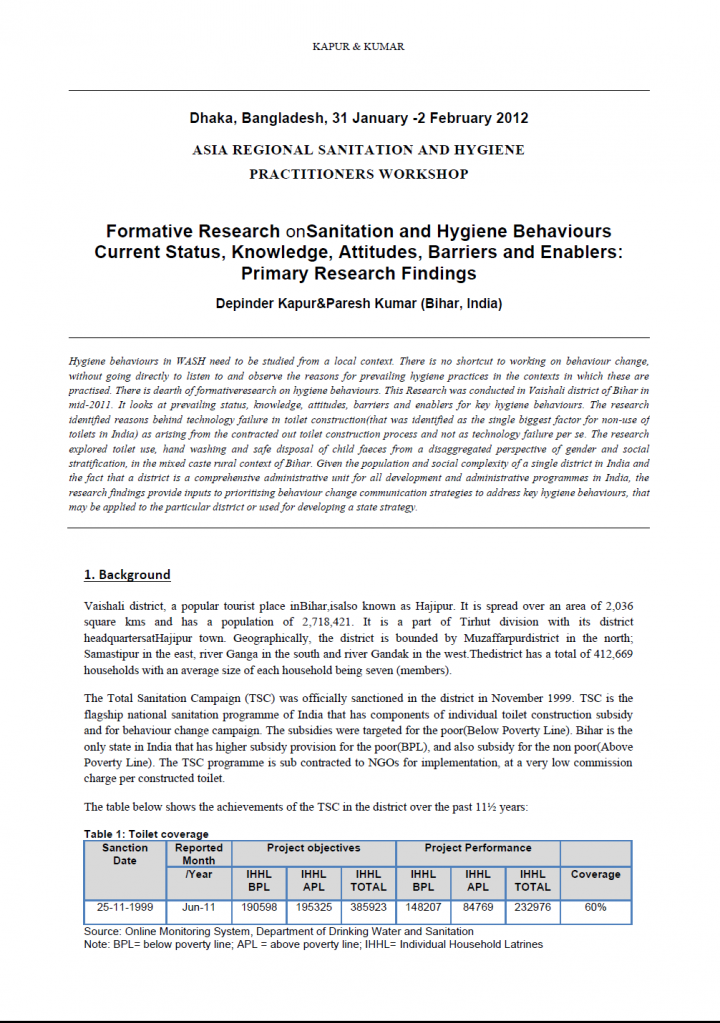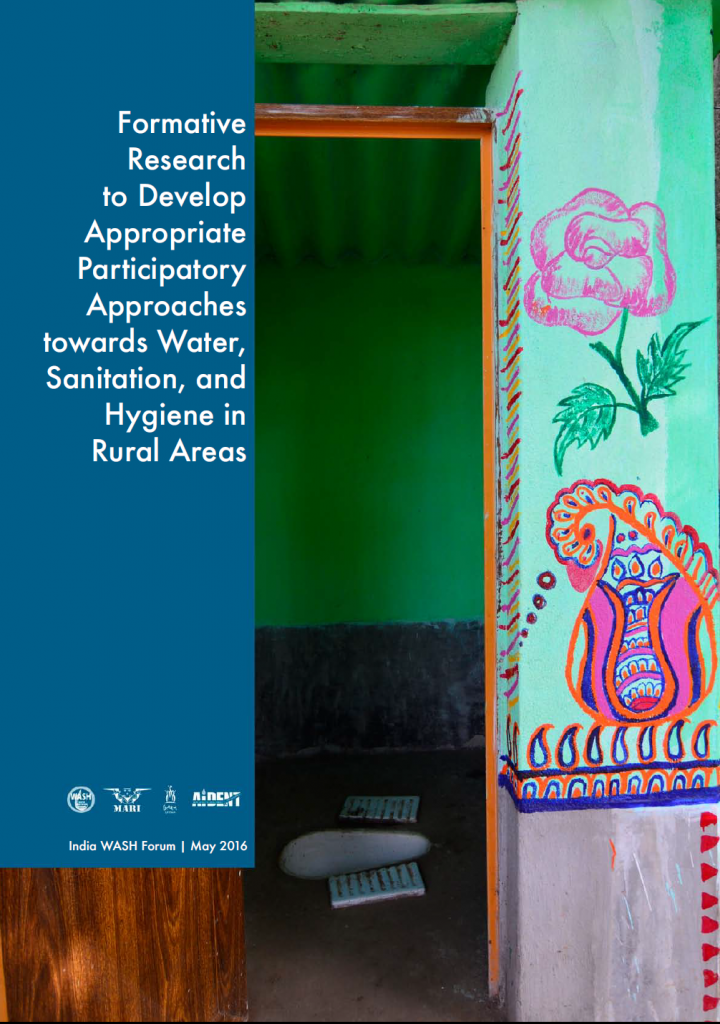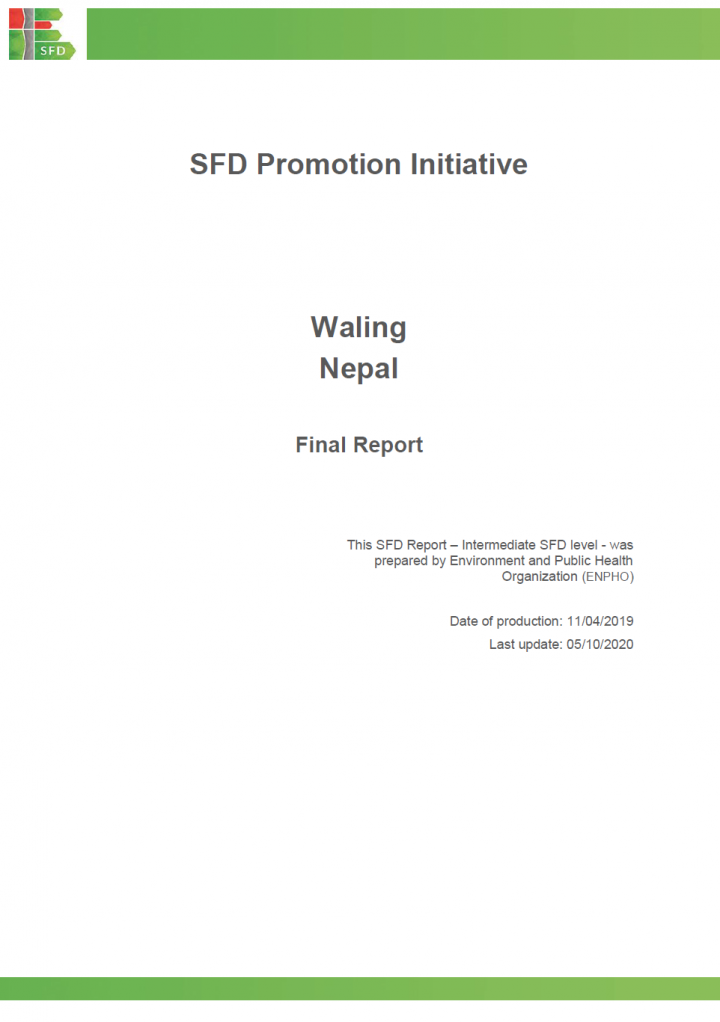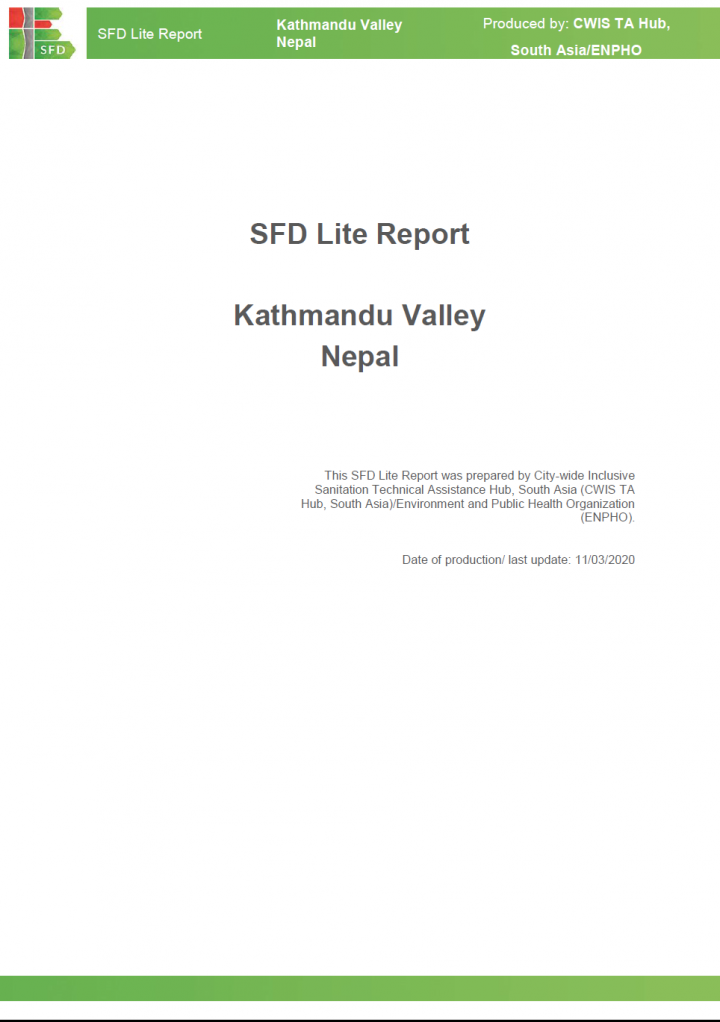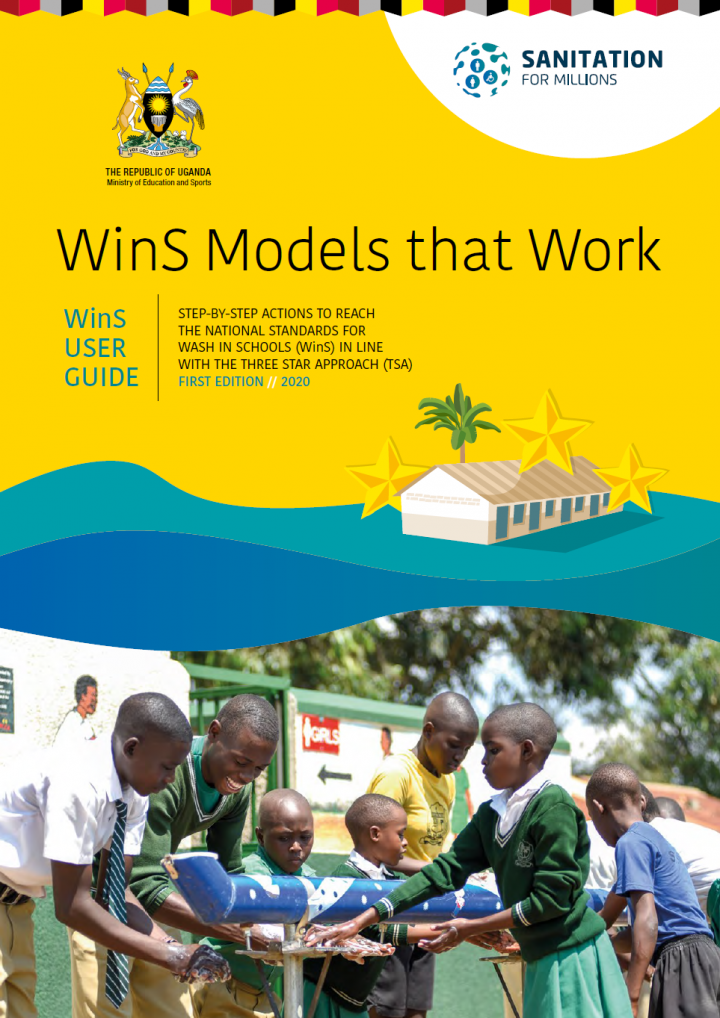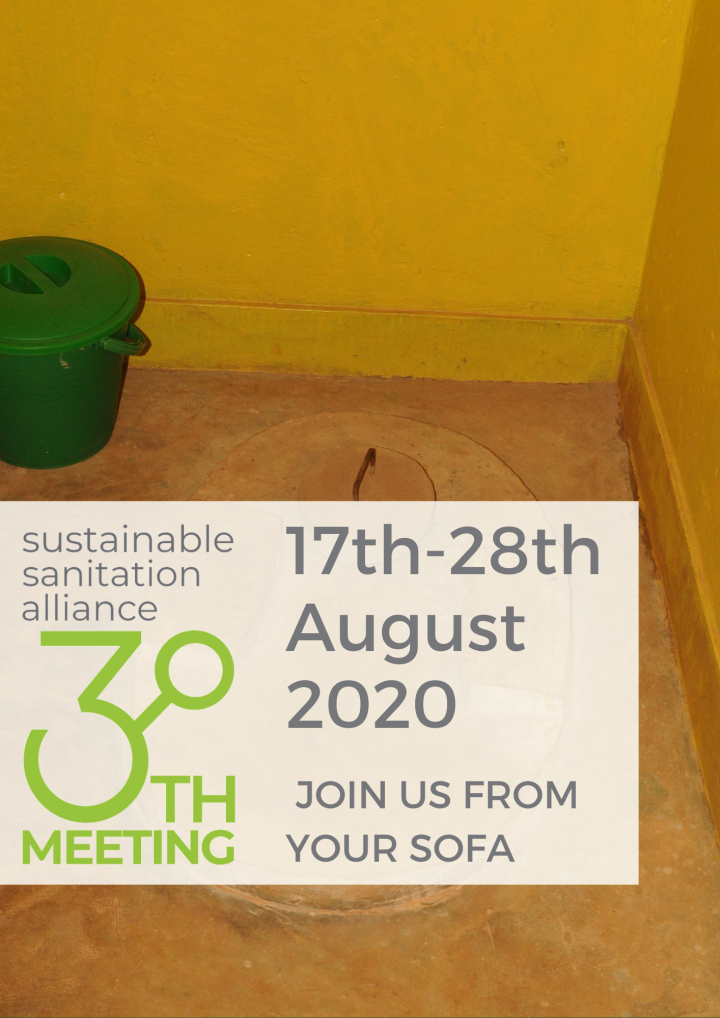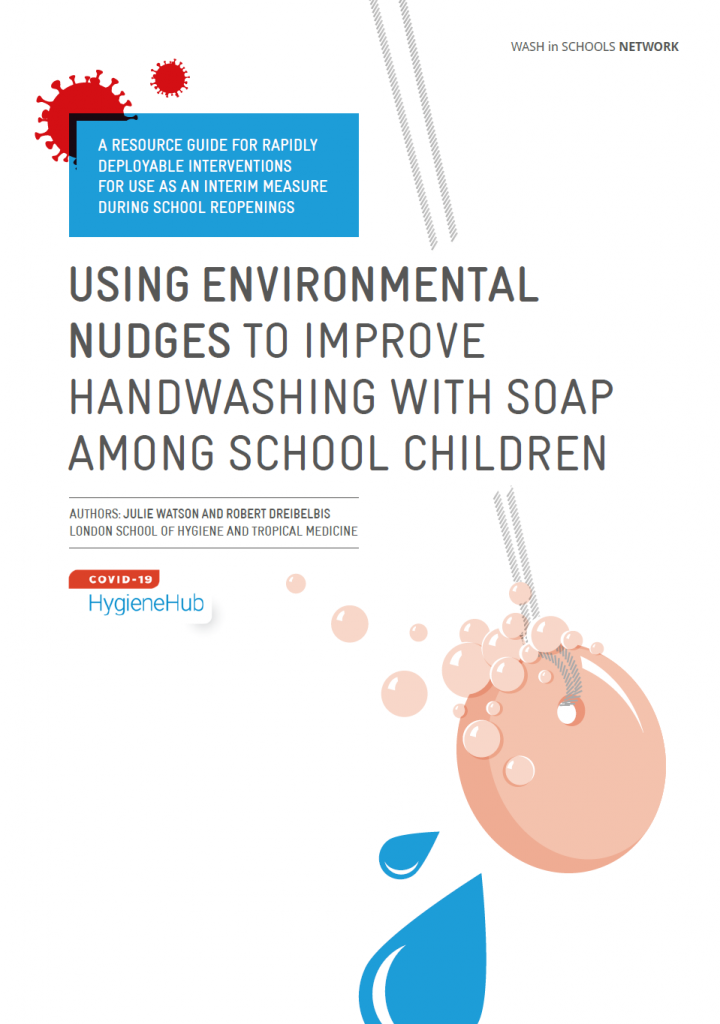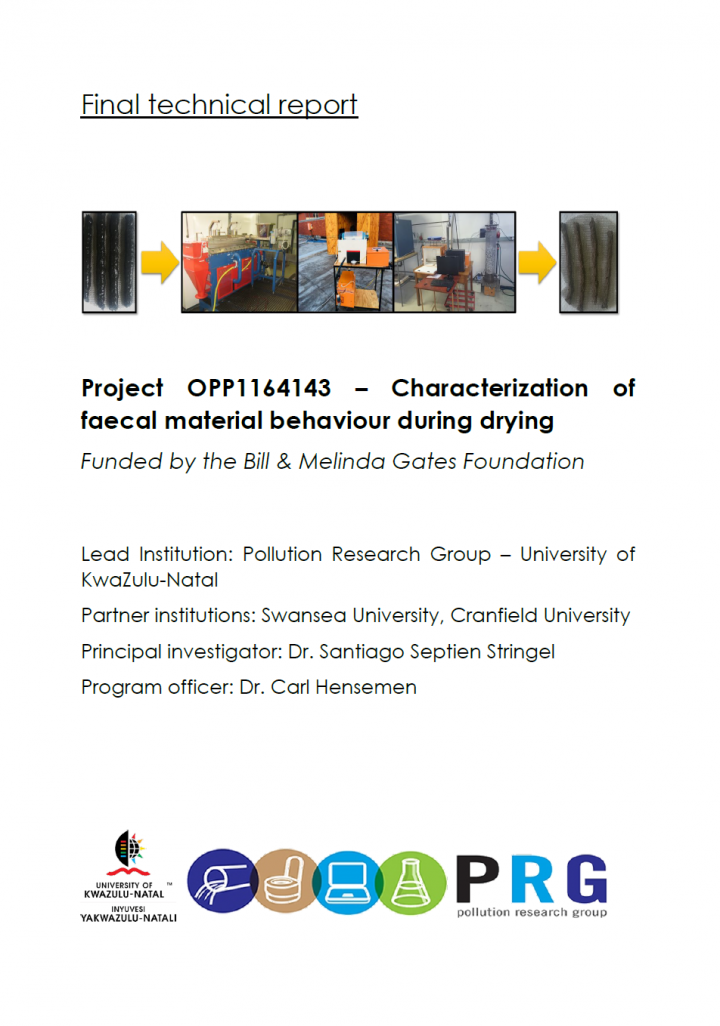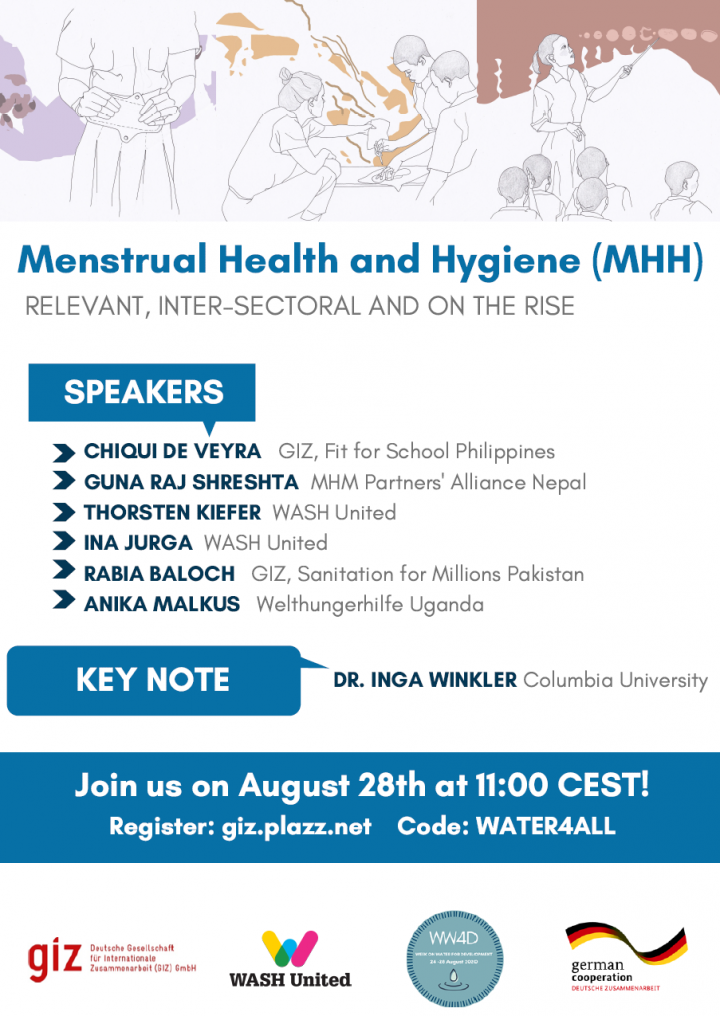Searching for information on Sanitation Workers?
The Sanitation Workers Knowledge + Learning Hub is the best source for all current news, trends, articles and updates on sanitation workers rights around the world.
Hygiene behaviours in WASH need to be studied from a local context. There is no shortcut to working on behaviour change, without going directly to listen to and observe the reasons for prevailing hygiene practices in the contexts in which these are practised. There is dearth of formativeresearch on hygiene behaviours.
India faces the twin challenges of having the most number of people in the world defecating in the open and also for the burgeoning crisis of untreated fecal waste that is contaminating our surface and ground water creating an imminent health crisis. The latest Swachhta Stats Report1 shows an encouraging 45% rural sanitation coverage by mid 2015 as against the 31% coverage in 2010 Census. Both …
This publication shares guidance and tips on how to edit Wikipedia. It is intended for researchers, practitioners, communicators and any others with access to climate change information who would like to share it more widely with the world.
Wikipedia is a powerful platform to make climate change information accessible to all. However, people working in the climate change field often overlook …
Waling municipality, established in 2053 BS (1997 AD), lies in Syangja district within Gandaki Province of Nepal. The municipality is located within latitude 28° 3 '2.412'' North to 27° 55' 26.58'' North and longitude 83° 41' 36.852'' East to 83° 50' 18.456'' East. This SFD Report was produced on 11/04/2019 and last updated on 05/10/2020.
Lakhimpur Kheri is the largest district in Uttar Pradesh, India, on the border with Nepal. Its administrative capital is the city of Lakhimpur. Lakhimpur Kheri district is a part of Lucknow division, with a total area of 7,680 km2 (2,970 sq. mi) out of which 10.10 km2 is the Lakhimpur Nagar Palika. This SFD Report was produced and last updated on 16/09/2020.
Lahan municipality is located in Siraha district of province number 2, Nepal. The municipality is divided into 24 wards. The municipality is home to 91,766 people as per census 2011. The population growth rate was 1.16% per year from 2001 to 2011.
This SFD Report was produced on 09/06/2020 and last updated on 30 /09/2020.
Kathmandu valley lies between the latitudes 27˚32’13’’ and 27˚49’10’’ north and longitudes 85˚11’31’’ and 85˚31’38’’ east at a mean elevation about 1,300 metres above sea level. Kathmandu Valley is the most developed and populated place in Nepal. The majority of offices and headquarters are located in the valley, making it the economic hub of Nepal. The SFD was …
The Ministry of Education and Sports recognizes that Water, Sanitation and Hygiene (WASH) programs in schools (WinS) are a key priority area and that improved hygiene practices and a clean school environment are contributory factors to ensuring that learners can enjoy an acceptable standard of health. The need for a clean school environment is highlighted in the 2016 School WASH mapping report. …
UNICEF/WHO reports that 1.7 million children die annually of diarrhea and pneumonia. Handwashing with soap under running water can prevent the majority of infectious diseases, such as COVID-19, influenza, cold, cholera, dysentery, and contagious eye disease. Several studies have reported reduced incidences of pneumonia and diarrheal diseases by over 40% to 50% through handwashing. However, many …
An excreta flow diagram (also often described as shit flow diagram, SFD) presents a clear picture of the outcome arising from wastewater and faecal sludge management practices and services in a city or town. This is expressed in terms of the percentage of the population. An accompanying report describes the service delivery context of the city or town.
La iniciativa tiene como objetivo ampliar el servicio tradicional de alcantarillado sanitario, a un concepto integral de recolección y tratamiento de aguas residuales. Para las viviendas ubicadas en las zonas donde existe alcantarillado sanitario la recolección se seguirá haciendo mediante este sistema; mientras tanto, para las viviendas ubicadas fuera de las zonas de cobertura y que cuentan …
El proyecto tiene como objetivo mejorar la gestión de los lodos fecales domiciliarios en las zonas periurbanas de la ciudad de Santa Cruz en la cadena de valor del servicio de limpieza y recolección de lodos fecales domiciliarios en sus
eslabones de generación, recolección, transporte y tratamiento,así como facilitar la regulación de los servicios de limpieza, transporte y disposición …
The 30th SuSanA meeting - the first virtual of its kind - took place from August 17th to August 28th 2020. It was organised by the SuSana Secretariat with support and contributions from SuSanA Partners, Members, Working Groups and Regional Chapters.
This entry is the collection point of the different resources from the SuSanA Meeting, including recordings, presentations, flyers and program …
This resource guide by Watson, J. & Drebelbis, R. provides an overview of the science behind nudge-based handwashing interventions and the evidence supporting the use of environmental nudges for handwashing in schools in low-resource settings. Resources and tools for planning and implementing nudge-based interventions in schools are also provided.
This publication is the final technical report of a project, which was funded by the Bill & Melinda Gates Foundation. The link to the project can be seen below.
Drying is a relevant unit operation during faecal sludge and fresh faeces treatment. It allows the removal of moisture from the faecal matter and its disinfection, so making it safer to handle, easier to transport and a more suitable …
The Department of Drinking Water and Sanitation (DDWS) under the Ministry of Jal Shakti, Government of India, recently brought out the strategy and guidelines for SBM Phase II, 2020-21 to 2024-25 to consolidate gains made in SBM Phase I. While the goal in the first phase was eliminating open defecation by constructing toilets, the goals in the second phase are much more ambitious. The outlay for …
In October 2019, a group of leading organisations in the sanitation and hygiene (S&H) sector – Plan International, SNV, UNICEF, WaterAid, the World Bank and World Water Supply and Sanitation Collaborative Council (WSSCC) – published a call to action.1 This stressed renewing commitment and stepping up ambitions and investments to rural S&H and called for evidence-based and adaptive …
MHH contributes to gender equality, better education and employment, and the realization of sexual and reproductive health and rights. In this session progress and success stories of MHH globally and within the German Development Cooperation were presented and opportunities for sustaining and scaling the momentum were discussed.
The menstrual movement has made progress in the recent years, …
Water, sanitation and hygiene (WASH) is an essential component to “ensure that all human beings can fulfil their potential in dignity and equality and in a healthy environment” (Agenda 2030, preamble). The intrinsic link between health and WASH becomes evident in many facets: The combat against many Neglected Tropical Diseases (NTDs) requires WASH in the prevention and even treatment. …
WASH in Schools (WinS) is a key element of universal access to both Education for All and WASH for All as defined in the Sustainable Development Goals (SDGs). Schools are important settings to provide environments where children learn and acquire essential hygiene skills for life; and where their health growth and overall development thrive in dignity.

